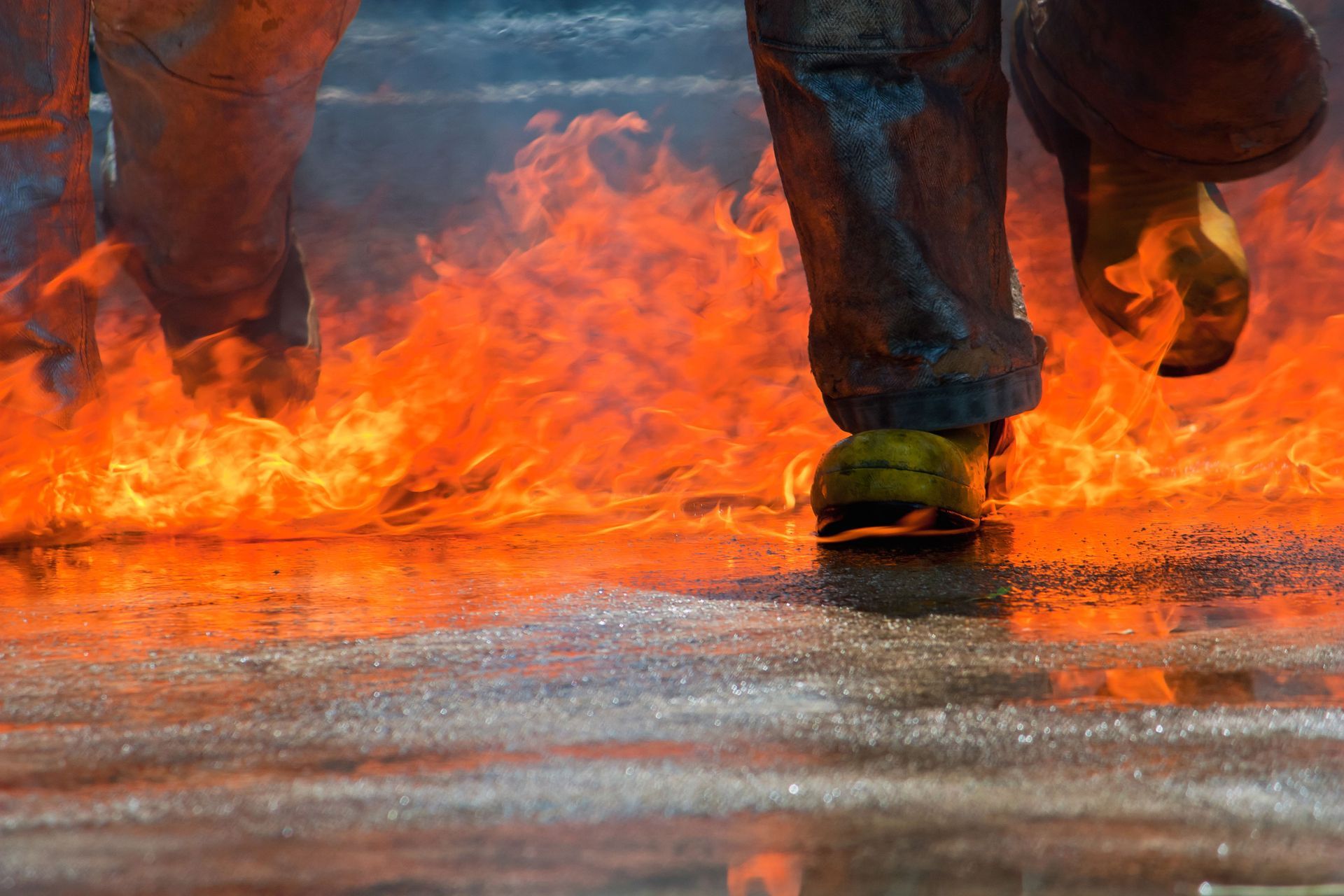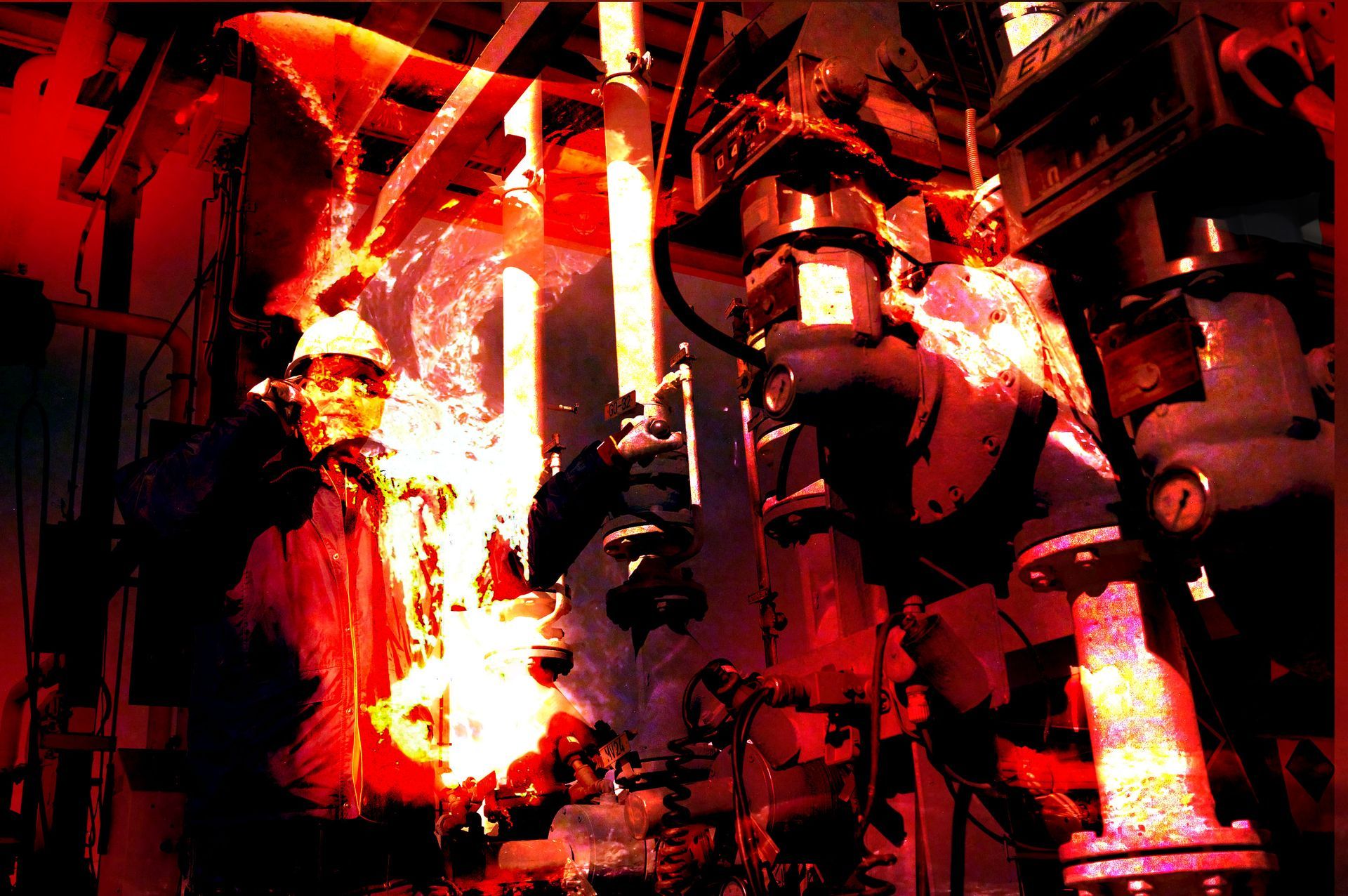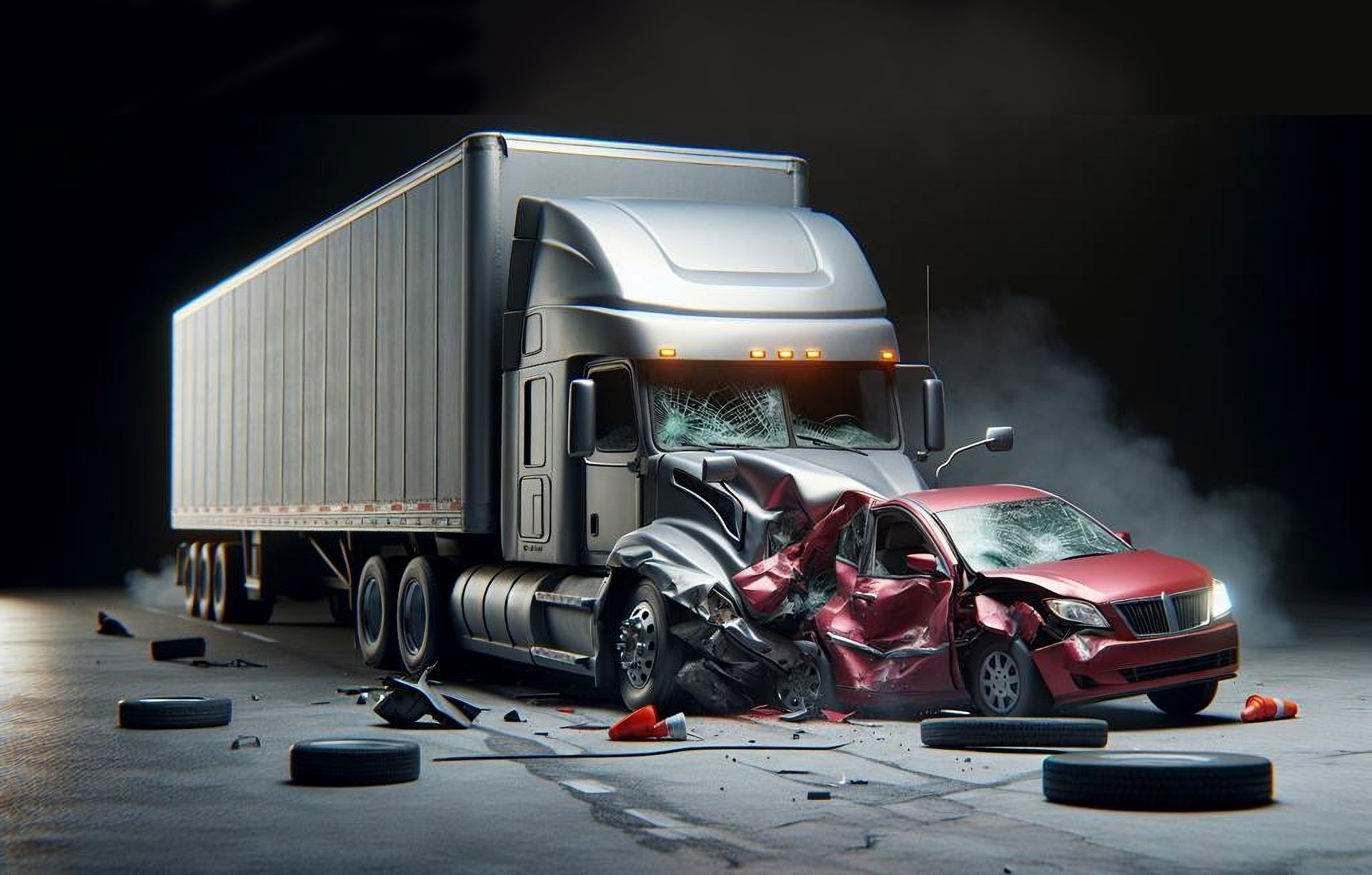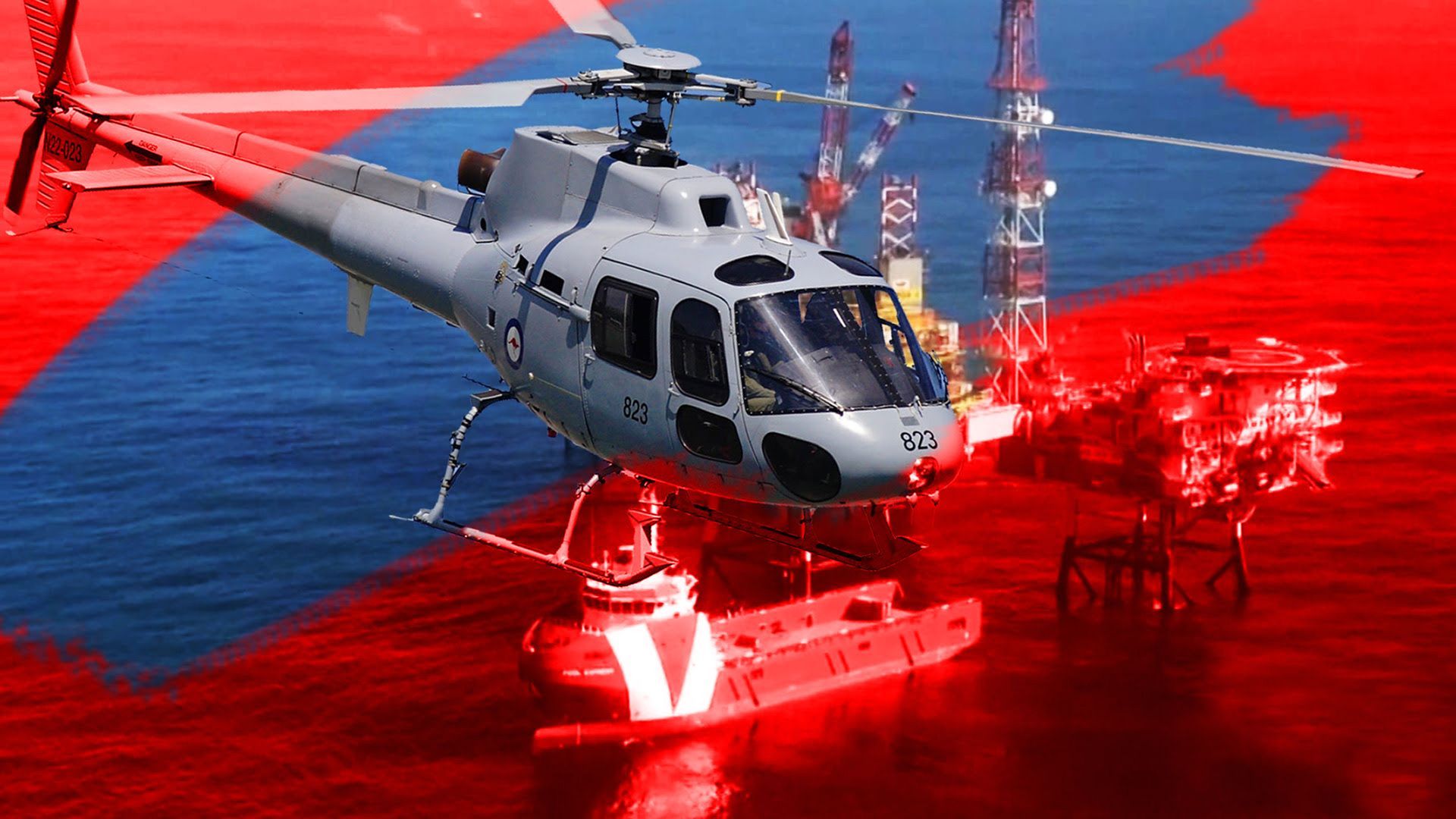Looking for a Maritime Explosion Injury Lawyer?
Maritime Explosion Injury Lawyer : Offshore Accident Attorney
EXPLOSIONS AT SEA: LEGAL STEPS TO PROTECT YOUR RIGHTS AND RECOVER DAMAGES
Explosions at sea are among the most devastating and life-threatening events that can occur in maritime environments. Whether it's a boiler explosion on a ship, a gas or oil explosion on an offshore rig, or even a mid-air explosion involving an aircraft over international waters, the consequences can be catastrophic. Victims of such incidents often find themselves far from immediate medical assistance, which can drastically worsen the outcomes for those injured. In these dire situations, it is crucial to seek the counsel of a highly-rated explosions at sea attorney who can defend your rights and help you navigate the complex legal landscape.
The Gulf region is particularly prone to deadly offshore explosions, especially on oil drilling platforms, rigs, and other vessels. These incidents often lead to severe injuries or loss of life, leaving families devastated and facing significant financial burdens. If you or a loved one has been affected by an offshore explosion, you may be entitled to compensation under various federal laws, including the Jones Act, the Death on the High Seas Act (DOHSA), and the Longshore Harbor Worker Act (LHWCA). Navigating these legal avenues can be complex, which is why having an experienced maritime attorney experienced with maritime explosion injuries by your side is essential for securing the justice and compensation you deserve.

If you or a loved one has been injured or a loved one killed in an offshore explosion, don't wait to seek legal advice. The sooner you contact Gordon & Elias, LLP, the sooner we can begin investigating your case and building a strong claim for compensation. Our initial consultation is free, and we work on a contingency fee basis, meaning you pay nothing unless we recover money for you. Reach out to us today to discuss your case and take the first step toward justice and financial recovery.
FREE MARITIME EXPLOSION INJURY CASE CONSULTATION
Take advantage of the free case review by an experienced maritime explosion injury attorney at Gordon & Elias LLP to learn what options are available to help you win a monetary recovery for maritime explosion injuries. We have extensive experience handling cases in the US involving catastrophic maritime explosion injuries. We will give you the attention you deserve. Call for an appointment today. We have an office in Houston, as well as a Rio Grande Valley office in Edinburg, Texas.
NO UPFRONT FEES
After a maritime wrongful death do not wait to contact an offshore accident attorney. An experienced maritime lawyer from Gordon & Elias, LLP will review your case and explain your rights for free. Most personal injury lawyers handle cases including maritime wrongful deaths on a contingent fee bases. Therefore the consultation is free, but a percentage on the amount recovered, usually 33.33%, will be taken as our maritime explosion injury attorney's fee.
Contact Gordon & Elias, LLP today to learn how we can help you recover the compensation you deserve. The consultation is completely free. We handle all the costs of investigating and pursuing your claim, and you only pay us if we recover money for you.
Do not immediately accept an insurance settlement if an insurance company contacts you.
We strongly advise you to first speak with a maritime injury lawyer. Call us at
(800) 773-6770 to discuss the details of your accident and injury claim right away. We can provide trustworthy legal advice and guide you through the rest of the steps toward obtaining fair and full financial compensation.

TOP CAUSES OF OIL, GAS, AND OFFSHORE SHIP EXPLOSION INJURIES AND DEATHS
When employers fail to implement and enforce proper safety standards, or if workers are made to use defective or poorly maintained equipment, explosions become a grave risk. In addition to safety standards aimed at the prevention of explosions and fires, the law require adequate fire-fighting equipment on board so that crew members can deal with fires quickly. If firefighting equipment is unavailable or inaccessible, this could constitute negligence on the part of the owner or operator of the rig or other vessel.
Here is a list of causes of oil, gas, and offshore ship explosion injuries and deaths that could entitle a victim or their family to compensation under various federal laws, including the Jones Act, the Death on the High Seas Act (DOHSA), and the Longshore Harbor Worker Act (LHWCA):
Negligence by Employers or Crew Members
- Failure to Implement Safety Standards: When employers fail to enforce or implement proper safety procedures, leading to unsafe working conditions.
- Improper Training: Lack of adequate training for workers on how to handle hazardous materials or operate equipment safely.
- Negligent Supervision: Failure to properly supervise workers, leading to dangerous situations that result in explosions.
Defective or Poorly Maintained Equipment
- Faulty Machinery: Use of defective equipment, such as drilling rigs, pumps, or boilers, that malfunctions and causes an explosion.
- Improper Maintenance: Inadequate or delayed maintenance of critical equipment, leading to mechanical failures and subsequent explosions.
Ruptures in Oil or Gas Lines
- Corroded Pipelines: Failure to properly inspect and maintain pipelines, leading to corrosion, leaks, and potential explosions.
- Damaged Pipelines: Pipelines damaged by external forces, such as falling objects or vessel collisions, causing ruptures and explosions.
Obstructions or Collisions
- Vessel Collisions: Collisions between vessels and oil rigs, platforms, or other vessels, leading to ruptures in high-pressure lines or other critical components.
- Objects Obstructing Pipelines: Debris or objects obstructing pipelines, causing blockages that lead to increased pressure and explosions.
Inadequate Firefighting Equipment
- Lack of Accessible Firefighting Gear: Failure to provide adequate or accessible firefighting equipment on board, preventing timely response to fires and explosions.
- Non-Functional Fire Suppression Systems: Fire suppression systems that are non-functional or poorly maintained, exacerbating the impact of an explosion.
Defective Parts in Pipelines or Equipment
- Use of Substandard Components: Installation of defective or substandard parts in pipelines or other equipment, leading to failures and explosions.
- Manufacturing Defects: Faults in the manufacturing process of critical components, which may result in explosions when the equipment is in use.
Improper Handling of Hazardous Materials
- Unsafe Storage Practices: Improper storage or handling of flammable or hazardous materials, leading to increased risk of explosions.
- Lack of Protective Measures: Failure to implement protective measures when dealing with volatile substances, contributing to the likelihood of an explosion.
These causes, when linked to negligence, defective equipment, or inadequate safety measures, could entitle victims or their families to compensation under the Jones Act, DOHSA, or LHWCA.
MARITIME WORKER PROTECTION UNDER FEDERAL LAW

Three federal laws protect maritime workers and others who have been injured or killed due to negligence in offshore accidents and explosions:
The Jones Act provides benefits for workers employed as seamen or crew members on commercial vessels offshore, including work on ships, floating oil rigs, tankers, barges, tug boats, commercial fishing vessels, cruise ships, excursion boats, and ferries when they’ve been injured at sea. The Jones Act covers lost wages, medical bills, and other costs associated with the injury.
The Death on the High Seas Act (DOHSA) provides benefits to certain surviving family members of someone who has been killed at sea in an accident attributable to someone’s negligence: spouses, children and stepchildren, and other dependent family members, including dependent parents and siblings, are entitled to recover damages resulting from a death in international waters. DOHSA also applies to some aircraft explosions over international waters.
The
Longshore Harbor Worker Act (LHWCA) is a form of worker’s compensation that covers stevedores and dockworkers who have been injured or killed on the job. The worker covered by these benefits is precluded from suing the employer, but it may be possible at times to sue a third party whose negligence can be shown to have caused the accident.

SKILLED LEGAL REPRESENTATION FOR OFFSHORE EXPLOSION INJURIES IN THE TEXAS GULF COAST REGION
In the aftermath of an offshore explosion, the physical, emotional, and financial toll can be overwhelming. Victims and their families need strong legal representation to ensure their rights are protected and to pursue the compensation they deserve.
At Gordon & Elias, LLP, our team of skilled maritime attorneys is dedicated to helping those affected by maritime accidents, including explosions, recover the benefits and damages they are entitled to under federal law. With decades of experience in handling complex maritime injury and wrongful death cases, we are prepared to fight tirelessly on your behalf.
We are dedicated to helping injured workers obtain the federal benefits they deserve, covering medical treatment, lost wages, and other expenses arising from the accident. For families who have lost a loved one, we can assist in filing claims under DOHSA, pursuing compensation for loss of nurture and support, loss of fringe benefits, household services, the seaman’s pain and suffering before death, as well as medical and funeral expenses.
We have a reputation of bringing respect, professionalism and a personal touch to every injury claim we accept.
Every state limits the amount of time you have to file a claim.
Don't Delay.
Contact the Attorneys at Gordon & Elias, LLP Today to preserve your right to a recovery.
Contact Us
We will get back to you as soon as possible.
Please try again later.
100% FREE CASE EVALUATION
Free Consultation • No Fee If No Recovery



